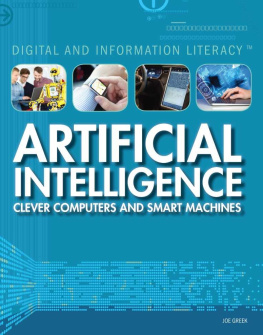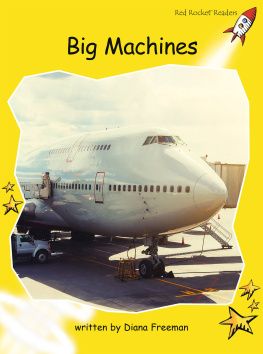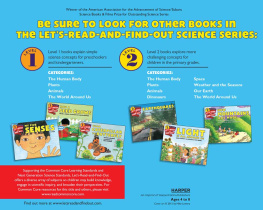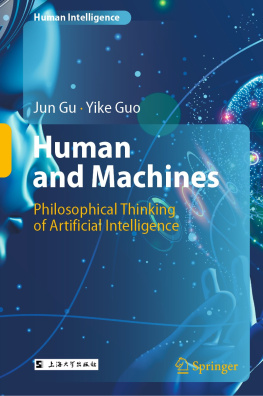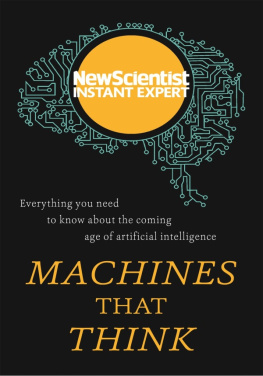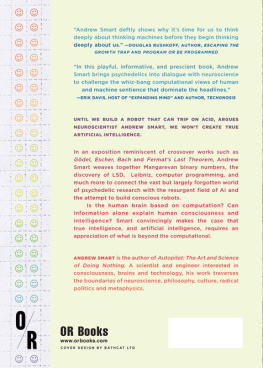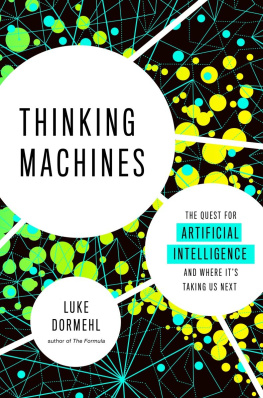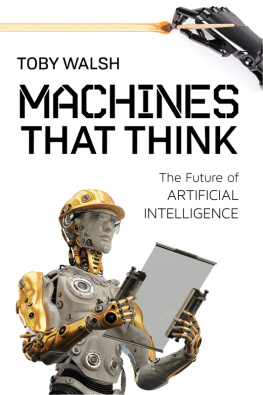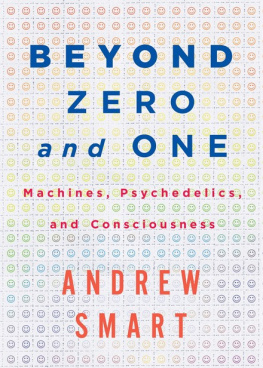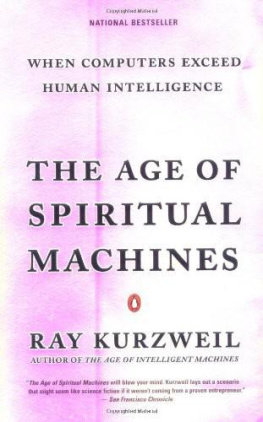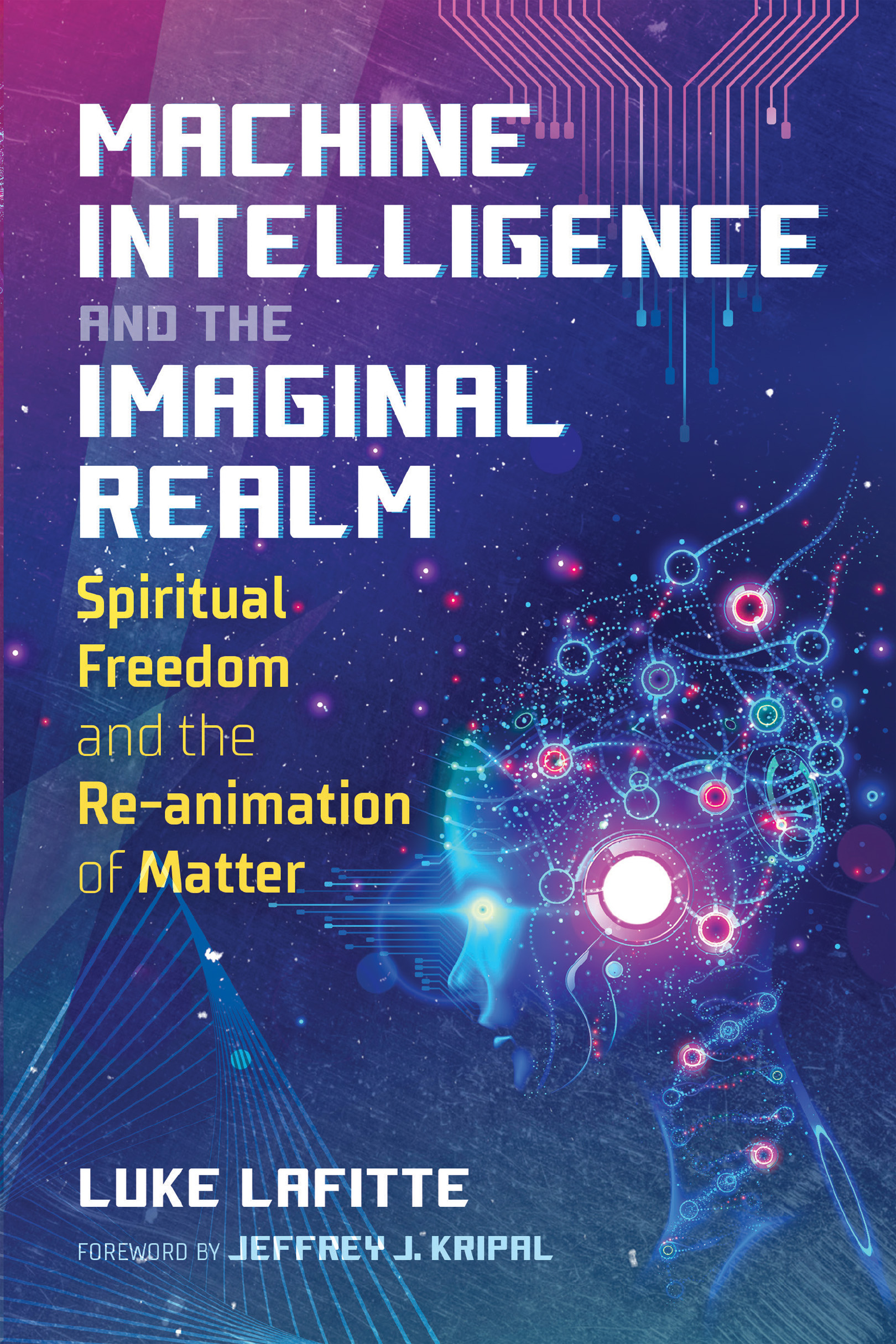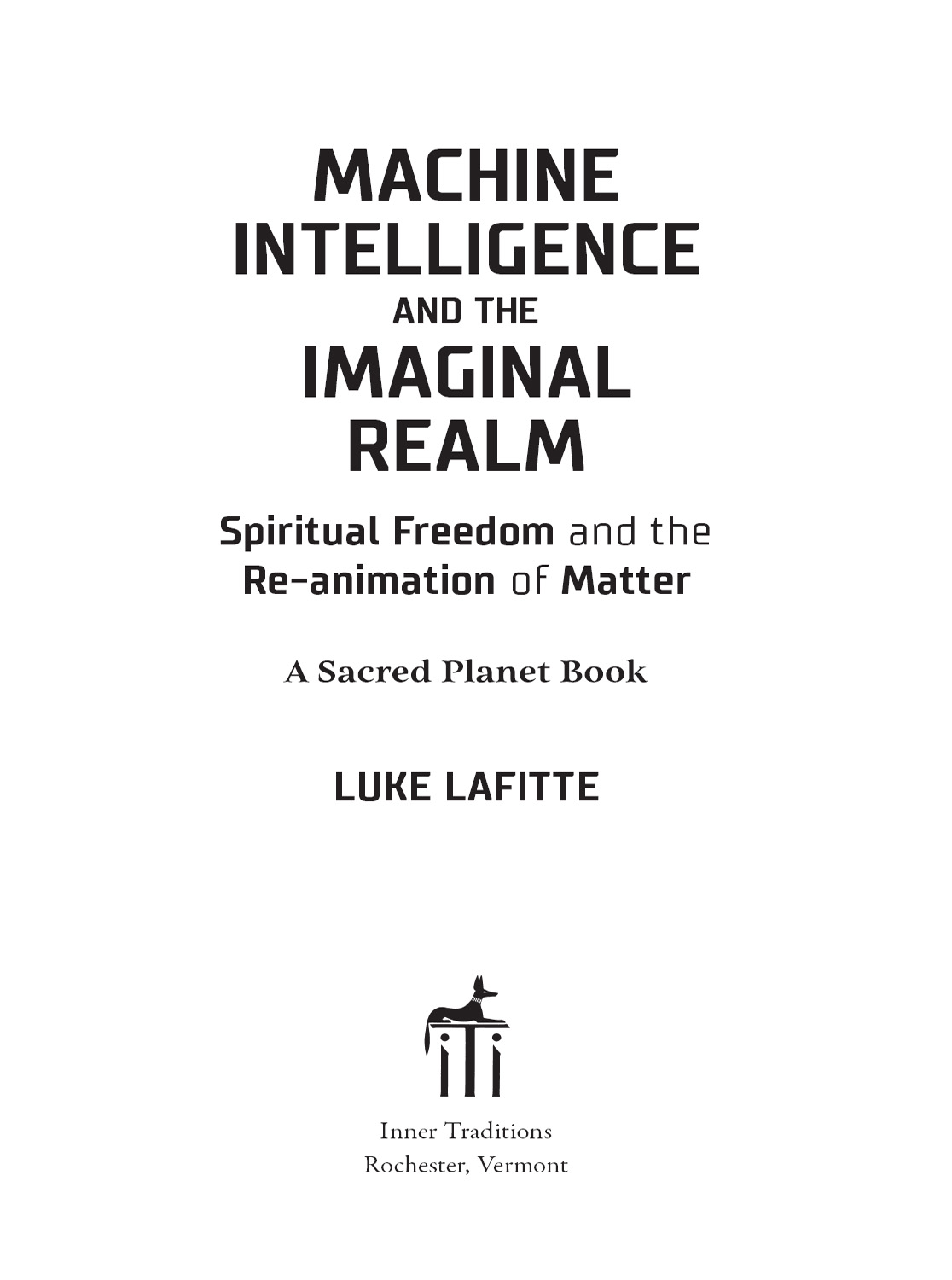Luke Lafitte - Machine Intelligence and the Imaginal Realm: Spiritual Freedom and the Re-animation of Matter
Here you can read online Luke Lafitte - Machine Intelligence and the Imaginal Realm: Spiritual Freedom and the Re-animation of Matter full text of the book (entire story) in english for free. Download pdf and epub, get meaning, cover and reviews about this ebook. City: Rochester, year: 2022, publisher: Inner Traditions, genre: Science. Description of the work, (preface) as well as reviews are available. Best literature library LitArk.com created for fans of good reading and offers a wide selection of genres:
Romance novel
Science fiction
Adventure
Detective
Science
History
Home and family
Prose
Art
Politics
Computer
Non-fiction
Religion
Business
Children
Humor
Choose a favorite category and find really read worthwhile books. Enjoy immersion in the world of imagination, feel the emotions of the characters or learn something new for yourself, make an fascinating discovery.

- Book:Machine Intelligence and the Imaginal Realm: Spiritual Freedom and the Re-animation of Matter
- Author:
- Publisher:Inner Traditions
- Genre:
- Year:2022
- City:Rochester
- Rating:3 / 5
- Favourites:Add to favourites
- Your mark:
Machine Intelligence and the Imaginal Realm: Spiritual Freedom and the Re-animation of Matter: summary, description and annotation
We offer to read an annotation, description, summary or preface (depends on what the author of the book "Machine Intelligence and the Imaginal Realm: Spiritual Freedom and the Re-animation of Matter" wrote himself). If you haven't found the necessary information about the book — write in the comments, we will try to find it.
Explores how we naturally project consciousness onto machines and how this is reflected in human culture, science, artificial intelligence, and literature
Demonstrates a direct connection between consciousness and the history of machines in American history
Looks at the contributions and influence of Grace Hopper, Richard Feynman, Philip K. Dick, Nikola Tesla, Thomas Edison, Elon Musk, David Bohm, Norbert Wiener, and Steve Jobs as well as the Nag Hammadi Gnostic gospels
Humans invented and constructed machines to aid them, as far back as the Stone Age. As the machines became more complex, they became extensions of the body and mind, and we naturally began projecting consciousness onto them. As Luke Lafitte shows in detail, although machines complicate the already complicated issue of identity, because they are ours and of us, they are part of our spiritual development.
In this sweeping exploration of the history of the machine as a tool, as a transpersonal object to assist human activity, and as a transitional artifact between spirits and the humans who interact with them, Lafitte examines the role that machines play in the struggle between spiritual man and mechanical man throughout history. He interprets the messages, archetypes, and language of the unconscious in the first popular stories related to mechanical men, and he demonstrates a direct connection between consciousness and the history of machines in American history, specifically between the inventors of these machines and the awakening of our imaginations and our powers of manifestation. He examines the influence of Philip K. Dick, Nikola Tesla, Thomas Edison, Grace Hopper, Richard Feynman, Elon Musk, David Bohm, and others and shows how the Nag Hammadi gospels explain how we can take back our myth and spirit from the machine.
Although the term mechanical man is a catch-all phrase, Lafitte shows that the term is also a meeting ground where extra-dimensional communications between different forms of matter occur. Every machine, android, robot, and cyborg arose from consciousness, and these mechanical men, whether real or fictive, offer us an opportunity to free ourselves from enslavement to materialism and awaken our imaginations to create our own realities.
Luke Lafitte: author's other books
Who wrote Machine Intelligence and the Imaginal Realm: Spiritual Freedom and the Re-animation of Matter? Find out the surname, the name of the author of the book and a list of all author's works by series.

